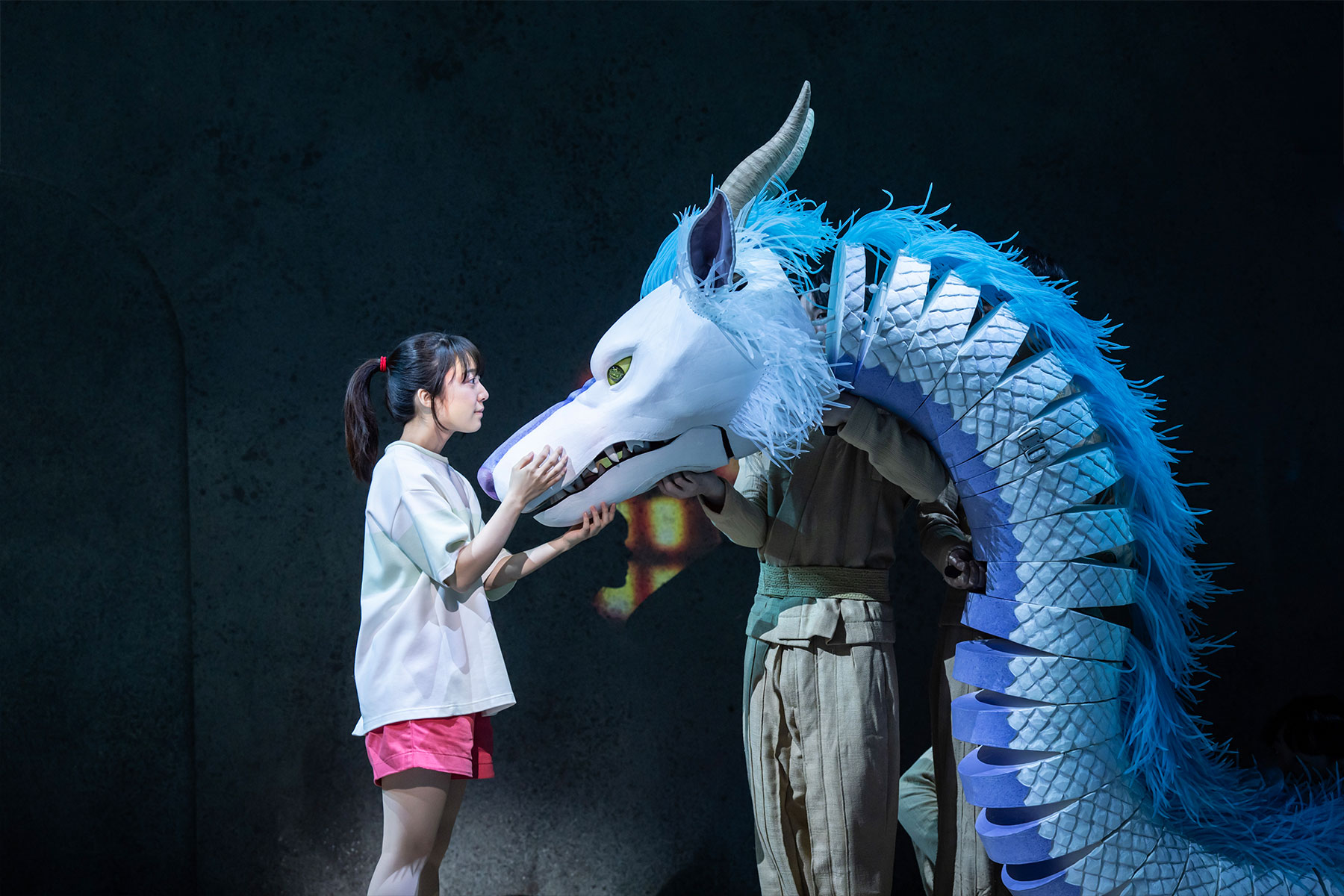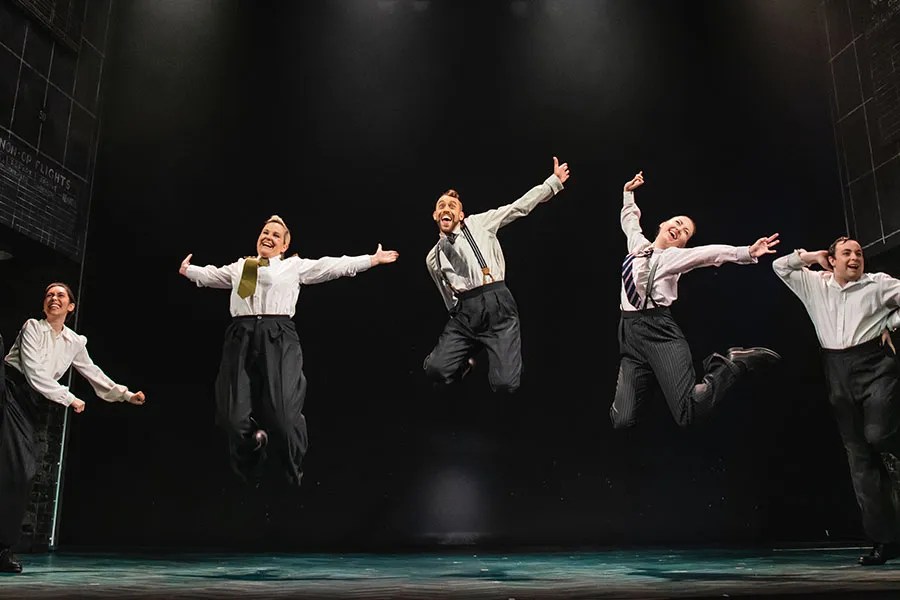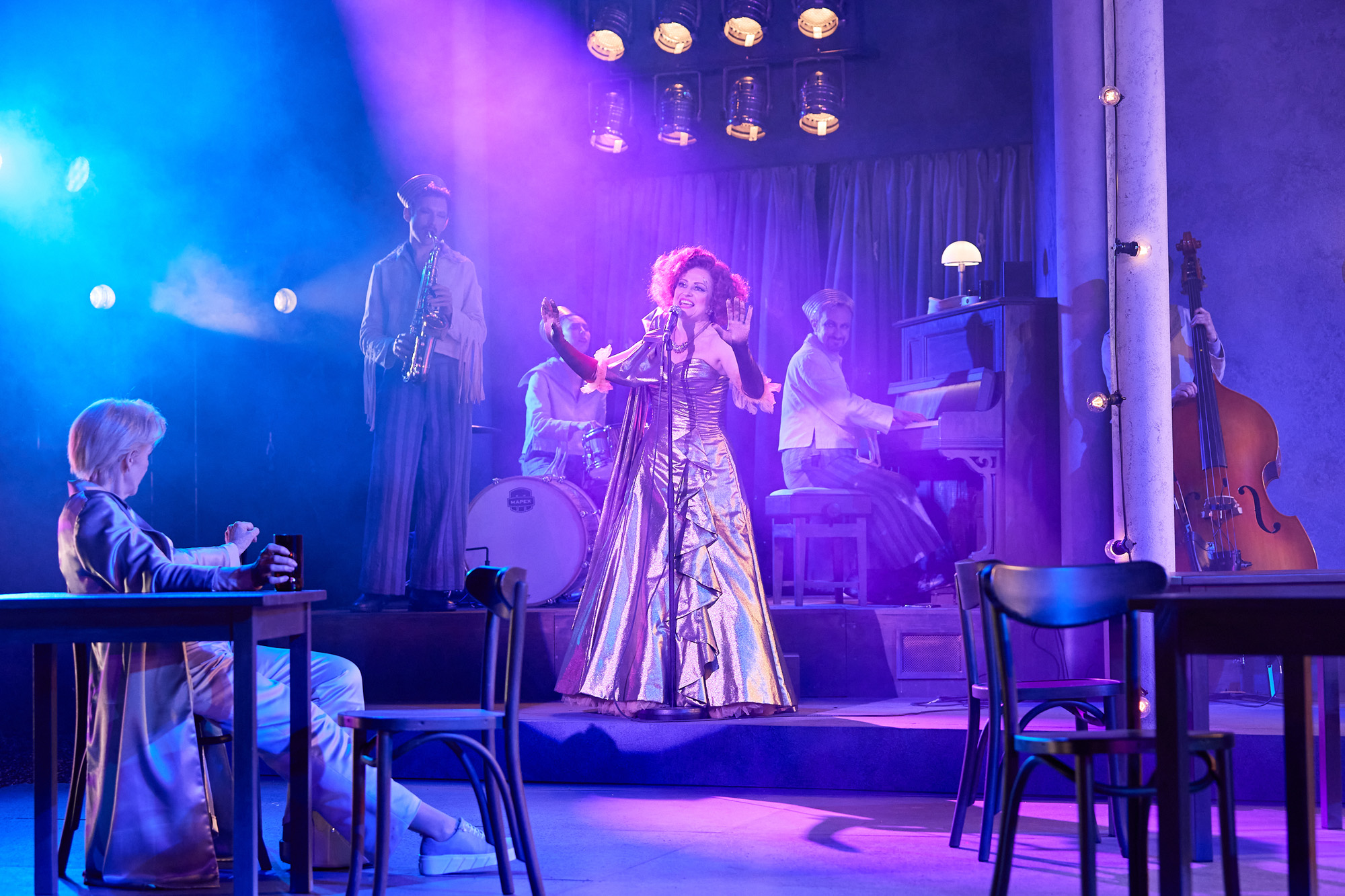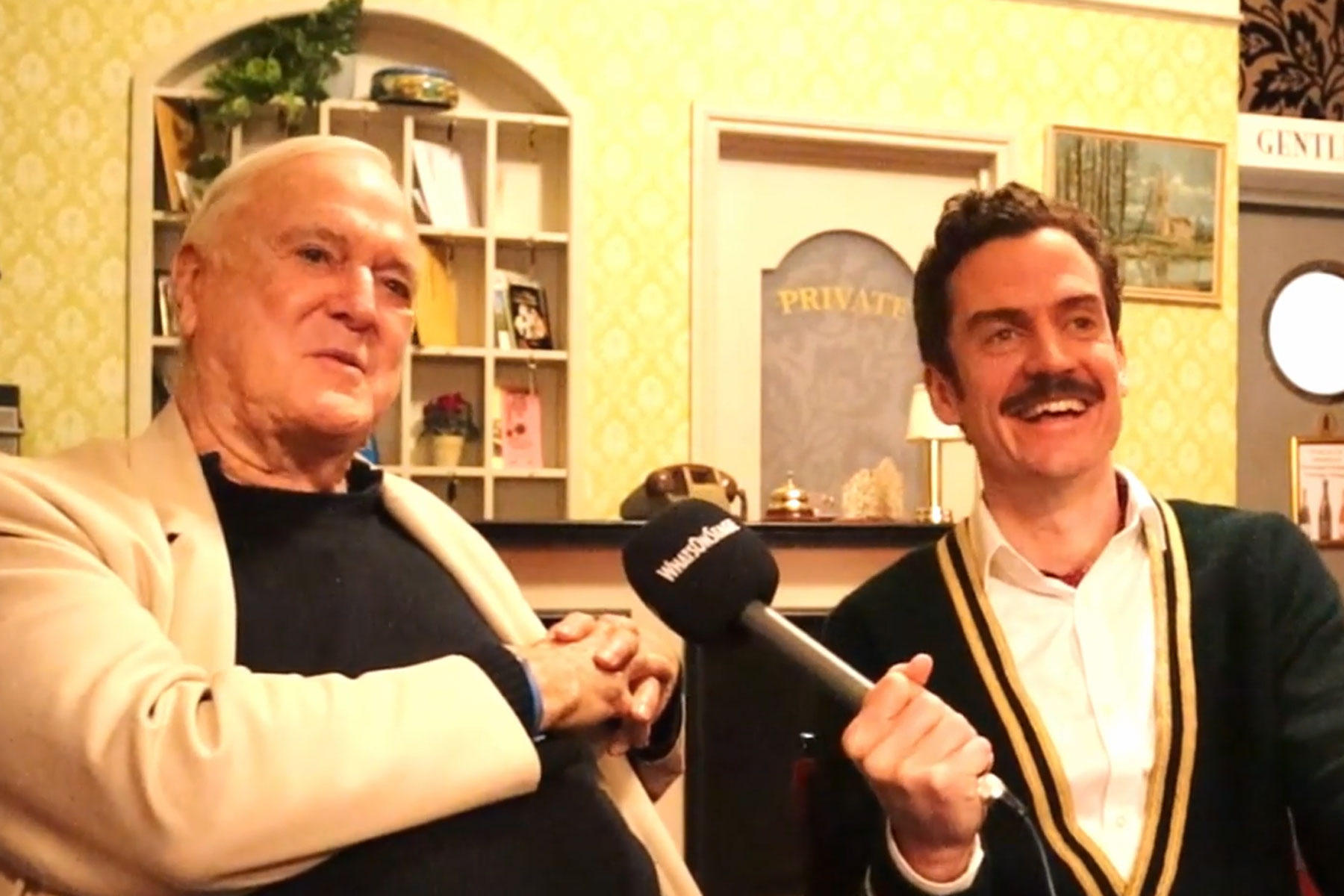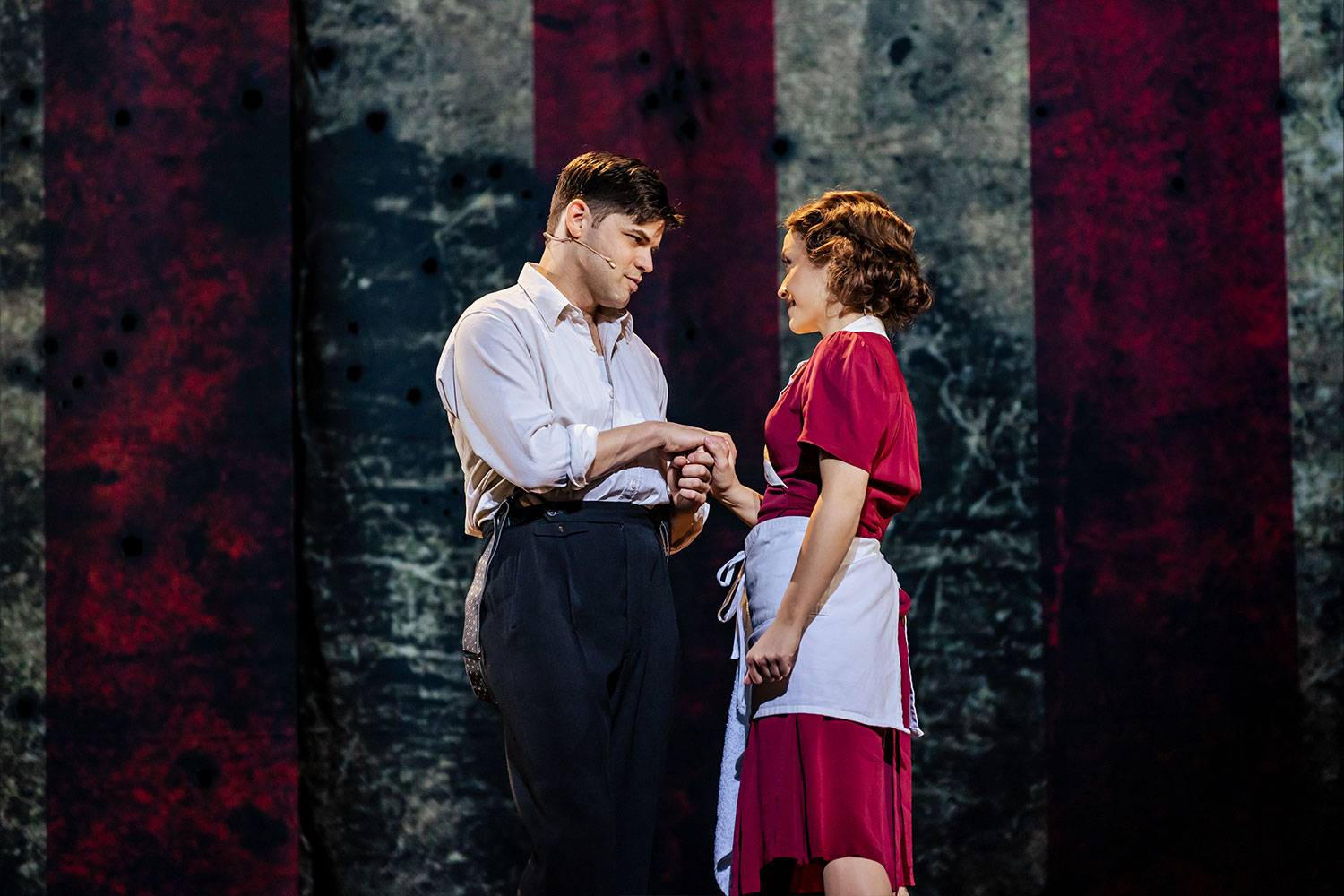Lady in the Van (Leeds)
If any writer was going to have an incubus visited upon him, the big money
would always have been on Alan Bennett, and surely no other writer would
have reported the real-life experience with such elegance and wit. The Lady in the Van first appeared as a monograph from The London Review of Books, then as a section in Writing Home and as a radio serial before premiering on the West End stage in 1999 with Maggie Smith in the lead. There are signs, however, that even he considers this stage adaptation a regurgitation too far.
Whilst it’s clearly bizarre to have an eccentric old bird park her van on
your forecourt and proceed to live in it for 15 years, it isn’t essentially
the stuff of drama, and Bennett is forced into adopting somewhat recherche
stratagems in trying to make it so. His uncompromising honesty as a
historian won’t let him falsify the story at all in the pursuit of
theatricality, so even when he manufactures little coups de theatre – in a
confrontation with a social worker, for example, and in leading his audience
to believe the worst of his old lady’s brother – he has to withdraw
immediately and confess that no, it wasn’t like that actually.
Nor will he
even edit in the interest of dramatic structure: two foul-mouthed episodes
with louts are included just because they happened, despite being irrelevant
to the thrust of his narrative, and we’re also treated to a pair of entirely
superfluous, ‘anyone-for-tennis’ neighbours straight out of a Binkie Beaumont
light comedy.
The drama, such as it is, arises from Bennett’s own inner turmoil. He puts two
versions of himself on stage – the one who lives the experience (Malcolm
Scates) and the writer self (Malcolm James) who observes it as potential
material. They are identically dressed, both wear NHS-type specs to look
vaguely like the Alan we know and love, and they both essay – why? –
something approaching the famous whining voice. Alas, they are not dead
ringers and their attempts to be so irritate.
But let’s not cavil too much. In Ian Brown‘s production, the story is compellingly presented and the portrayal
of the writer’s response to his visitation in the capital – a complex
combination of bewilderment, generosity, exasperation, amusement, anger and
guilt – is tellingly counterpointed by his feelings of guilt and despair
for his mother as she succumbs to dementia up in Yorkshire (a poignant cameo
from Vanessa Rosenthal).
As the eponymous Lady, Ann Rye is a commanding
presence in her dottiness. Her Fidelis Party is never in danger of sending
her to Downing Street, as she imagines, but there have been dafter politics
and she is clearly sincerely committed. Sadly, Bennett doesn’t give us (in
this version) a real sense of the batty gibberish of her letters and
pamphlets, so Rye cannot but invest the character with a dignity somewhat
more po-faced than was apparently hers in real life.
Then again, given what
we subsequently learn about the sadness of this indigent’s background, perhaps a wistful smile is altogether more appropriate than a full-blooded laugh.
– Ian Watson



